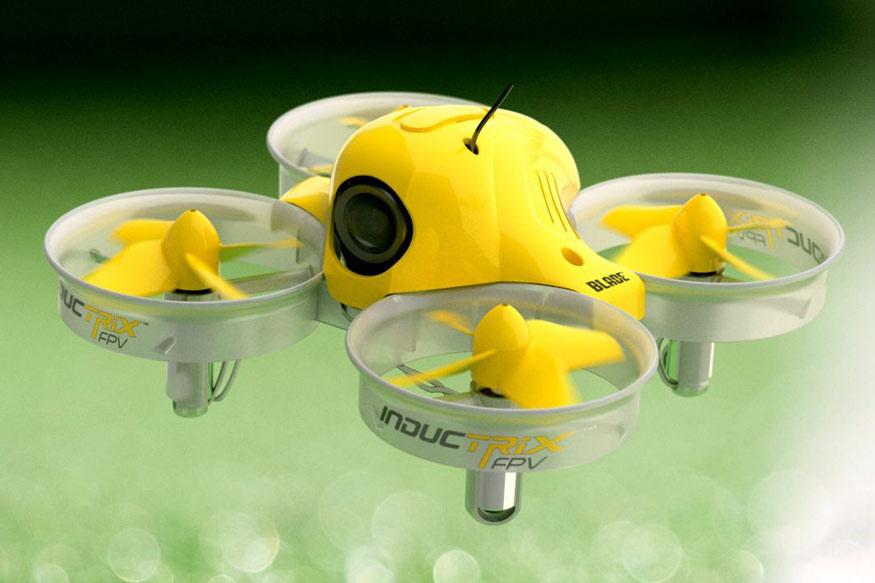Ever since drones started to come out from the market, one of the greatest difficulties is navigating them to land on moving platforms. Imagine getting a drone to deliver you something around the house as you move around doing some household chores. Or maybe letting a drone deliver a gift to a person you admire as he passes through the school hallway. Or for more serious matters, letting a drone deliver medical supplies to a medical unit that is on the go. If drones are able to be navigated this simply onto moving platforms or targets, the number of applications it is capable of performing would be multiplied.

Source: IBN live
This is why researchers at the University of Cincinnati’s College of Engineering and Applied Science are using artificial intelligence that is called fuzzy logic. By making use of fuzzy logic, they are able to get drones to navigate and let them land themselves on moving platforms. This is the perfect feature for a drone that will be used for delivering packages.
Drones are known to have problems in navigating in its airspace, what more if the drone tries to land on moving platforms such as delivery vans, moving people, or even ships in the high seas.
According to Manish Kumar, an associate professor of mechanical engineering at the University of Cincinnati’s College of Engineering and Applied Science, “It has to land within a designated area with a small margin of error. Landing a drone on a moving platform is a very difficult problem scientifically and from an engineering perspective.”
To solve this problem, UC researchers applied fuzzy logic. Fuzzy logic is the kind of reasoning that people employ subconsciously every day. Scientists are usually concerned with precision and accuracy in everything they do, while most people get through their days by making inferences or generalities or by fuzzy logic. Instead of seeing the world in a definite black and white hue, fuzzy logic lets you see different hues.
By applying the principle of fuzzy logic on the drones, it helps them make good navigational decisions. They call this “genetic-fuzzy, since the system evolves over time and will continuously discard the lesser solutions.
Kumar and his co-authors, Nicklas Stockton, a UC researcher, and Kelly Cohen, aerospace engineering professor were able to successfully integrate fuzzy logic in a simulation to present that it is an ideal system for navigating under dynamic conditions. Stockton is responsible for testing fuzzy logic in experiments to land quadcopters on robots that are mounted with launching pads at the UC’s UAV Multi-Agent System Research (MASTER) Lab.
According to Stockton, “This landing project is a real-world problem. A delivery vehicle could have a companion drone make deliveries and land itself,”
Article Sources:
















